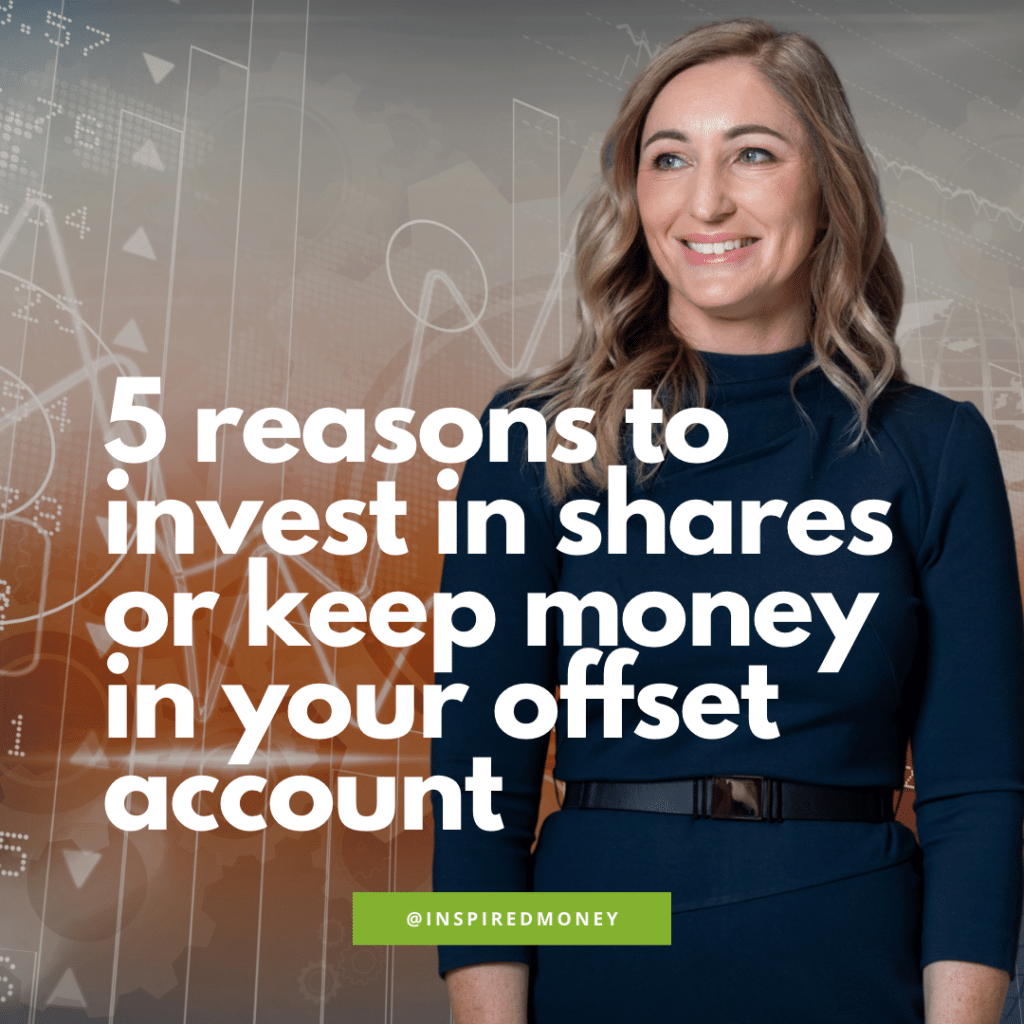Watching my school aged daughter recently I was reminded that there’s a big shift afoot with our next generation and I’d like to think some of our Gen Y parenting is having a positive influence on her future. My daughter has never really been the kind to correlate working with money, for this I’m quite pleased. In fact in her pre-primary presentation where the kids got to talk about what they wanted to be when they grow up, most of the class answered as we’d expect “I want to be a Doctor”, “In the Police”, “a Pilot” etc, except my Daughter, who answered with “The Queen”. nice one!
From what I have seen, she is emulating the behaviours of the role models in her world and because of this I’ve realised she doesn’t attach income generation to a normal 9 – 5 job. This has highlighted to me that there are some things about money that I wish our kids could learn at school:
There are other ways to generate income than a 9 – 5 job
Thankfully our influence has caught on for our daughter; that generating income needn’t be the sum of the “job” you do. I think it’s important for all of us to have a purpose and working on this should ideally place us in the right career. Whether that’s a Doctor, Policeman or Carpenter, but it should be borne out of desire and passion rather than a need to generate cash to live and buy things.
Teaching our next generation that they need to study hard, get a job and work until they retire to pay off a home and pay for the kids education isn’t the lesson we need to be teaching. Instead helping our kids to understand that they have gifts, talents and dreams that can be shaped into a something that can help in the world, if they get paid for this then that’s a plus. Therefore like my daughter is beginning to realise wouldn’t it be better to show our kids that there are infinite ways to effectively create an income. Perhaps its developing an app that generates royalties over time, or setting up an importing or exporting enterprise, or possibly it’s the ownership of investments that have dividend income.
Understanding that money is a tool or resource that can accomplish things for you
We are conditioned through society that money is used to either pay for:
- things we need — a roof over our heads and food on the table
- things that we want — a new BMW or a bigger TV.
The basic notion that we develop from the world subconsciously suggests that if we don’t have a lot of income, we should focus on using the money to pay for the basic necessities. If we get ourselves a good enough job and as a result have surplus income, we can then spend this on buying things we want.
The truth is, I don’t want this paradigm for my kids. I want them to understand that money is a too and that the first fruit of their income generation can be used to, build, create, diversify; It can be invested into things they are passionate about which can generate income or make the lives better for others less fortunate.
Not developing an emotional connection to money
It’s easy for us to allow money to get twisted up with our emotions. Whether we’re talking about the emotional aspect of an ever volatile investment market or the emotion attached to our current salary. Spending money to give ourselves a quick emotional fix and make a crappy week a little bit better is an emotional attachment to money that I would love the next generation to avoid.
Teaching our kids that money is a resource, like water, oil or soil I believe is a far better approach as it aims to disconnect the emotional attachment. I often hear a biblical text getting poorly quoted as “money is the root of all evil” this isn’t what was written, it was “the love of money…” When we allow our emotional wellbeing be attached to a resource, the resource can begin to drive our outlook. Finding the right balance, where we don’t attach emotion would be the ideal and I’m confident this would solve a great deal of personal finance challenges.
What next?
I understand this sort of thing isn’t going to find its way into conventional curriculum, it’s far too holistic and the conspiracy theorist side of me says “The Man” would not want society to learn such truths. That doesn’t mean we can’t play a role in showing our kids. Money doesn’t need to be a private, taboo or embarrassing subject. It can be an enlightening, powerful and generationally changing one instead.
Huge credit to Bruce Flow for his article on this back in 2018
https://medium.com/swlh/personal-finance-lessons-your-school-didnt-teach-you-e42a331f454
Blog originally publised on Linkedin on the 31st August 2020






